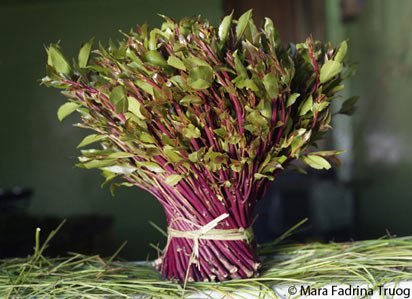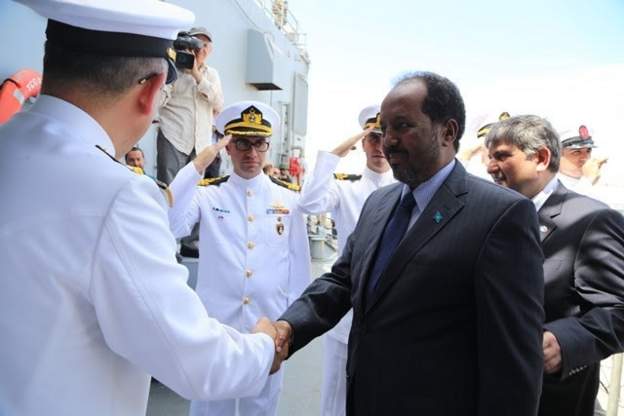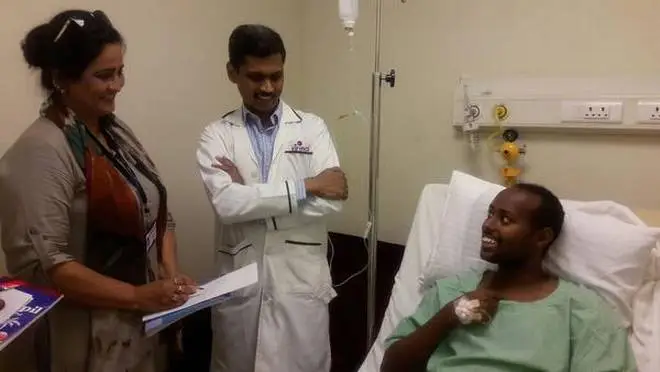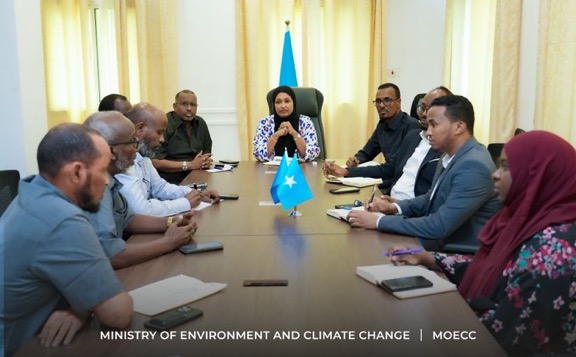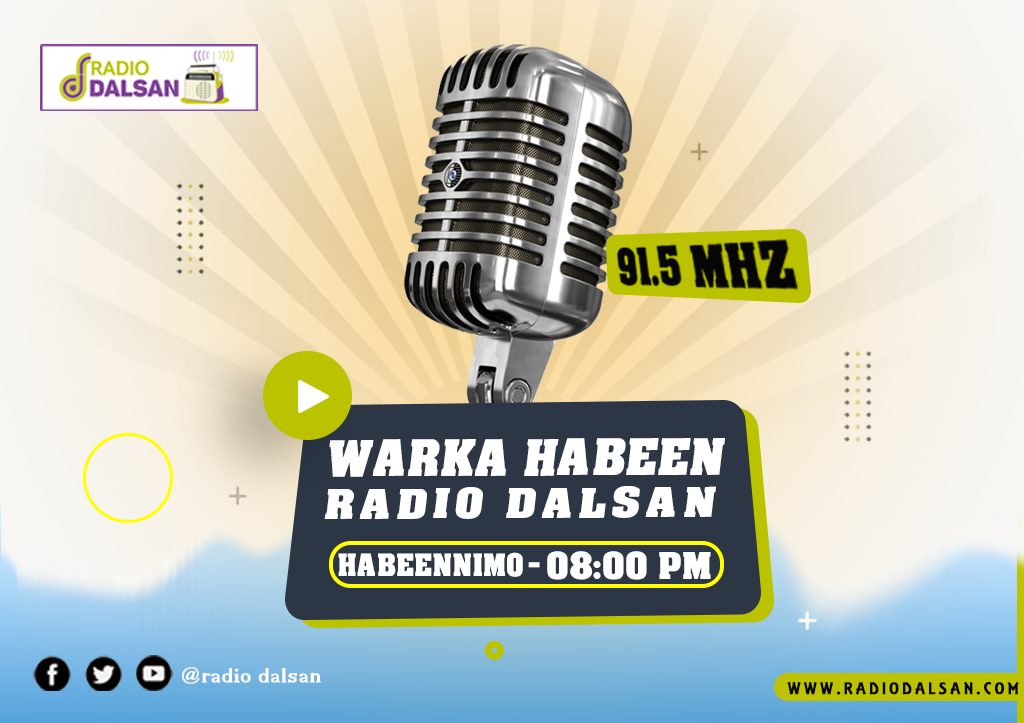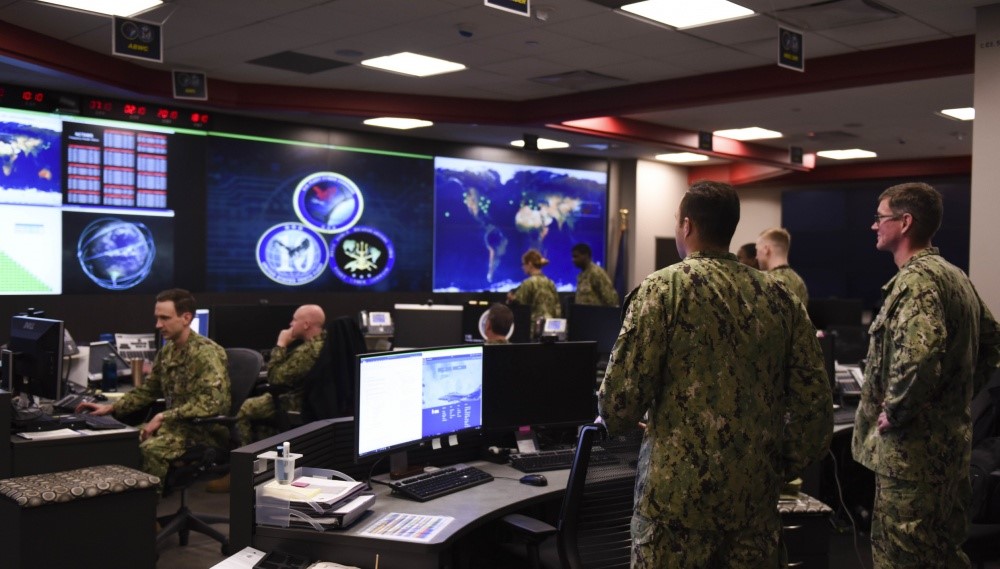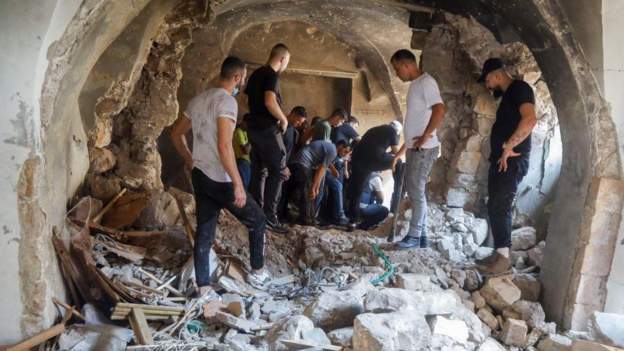Somalia’s Barawa FA will today face Isle of Man in the group one of CONIFA World Cup in London.
Barawa, who are the host, had earlier beaten Tamil 4-0 but lost to Cascadia 2-1.
London a less flashy and perhaps purer world cup is already under way, although for legal reasons it’s called something else: the World Football Cup, organized by the Confederation of Independent Football Associations, or CONIFA. The true World Cup is open to the two hundred and eleven member countries of FIFA, the International Federation of Association Football; virtually all of them are recognized as nations by the United Nations. By contrast, CONIFA, which was founded as a nonprofit, in 2013, aims to represent everyone else: people left stateless, persecuted minorities, quasi-states, isolated dependencies, and people who feel that, for whatever reason, their cultural region represents them better than their nation of birth does. CONIFA’s forty-seven members include Tibet, Western Armenia, Northern Cyprus, and Darfur, representing nearly three hundred and thirty million people worldwide.
Every two years since 2014, the top teams advance to the World Football Cup, which unfolds over several days. Two years ago the tournament was held in Abkhazia, a semi-recognized state in Eastern Europe; thousands of people attended the final, which saw Abkhazia beat Panjab, a U.K.-based team made up of Panjabi emigrants, by 6–5 on penalties. This year’s Cup, which got under way on Thursday, features sixteen teams in four groups, playing toward a final to be held on June 9th. Panjab and Abkhazia are again strong contenders for the title, as is Padania, which represents eight regions in northern Italy.

The quality of play varies. Most of the squads feature, at best, players from lower-division clubs in Europe and Russia, although Barawa, the host team, made up of Somali refugees living in England, has a player from Queens Park Rangers, of England’s second-tier Championship League. An Yong-hak, a thirty-nine-year-old midfielder for United Koreans of Japan, played for North Korea at the 2010 FIFA World Cup. When I spoke to Blind, he was calling from the train, having just watched Székely Land, a team representing ethnic Hungarians living in Romania, beat Tuvalu, a tiny island nation from ten thousand miles away, in the Pacific. “The score was four-nil, but it was quite good,” he said.
A business developer, Blind is nominally from Sweden but identifies with the Sami people, the nomadic culture of Lapland. (When not busy as CONIFA’s president, Blind helps his father herd reindeer back home—“maybe a thousand reindeer, not so many,” he said.) The 2014 CONIFA cup was hosted by F.A. Sápmi, and in 2016 the club finished sixth, but this year it didn’t qualify.
“They have a lot of pride,” Blind said. “They have been bullied and abused by the government, which is typical of indigenous people around the world. So it’s important for them to be in a global tournament like this, to show that we are all equal on this planet, we are all one people. That’s one of the precepts of CONIFA.”
In 2006, Blind began refereeing matches for the New Football Federations-Board, CONIFA’s predecessor, which started in 2003. When that organization folded, in 2013, some of the teams lobbied Blind “to do something new, different, improved,” he said. He wrote a new constitution, emphasizing transparency and a board subservient to its members. Unlike FIFA, CONIFA is entirely volunteer-run.
“People think we have three hundred, four hundred employees, and a big headquarters,” Blind said. “But we have no employees. We are a completely virtual organization.”
Most CONIFA teams are equally threadbare. The Warrior Birds, from Matabeleland, a battle-scarred region of about seven hundred thousand people in Zimbabwe, are making their first appearance in the tournament. Flying the squad to London cost twenty-five thousand dollars, a small fortune, which they managed to raise only a few days before departure, entirely through crowdfunding. “It’s absolutely incredible in a way that we’ve sold something like a hundred and fifty shirts, for a team that nobody’s ever seen play before,” Justin Walley, the team manager, told SkySports. The team played its first match on Thursday morning, at Gander Green Lane, the home stadium of Sutton United, on artificial turf for the first time. They fell to Padania, 6–1.
A bonus feature of the Football World Cup is that, in another first, it features American players. The Cascadia Association Football Federation, representing a region spanning Oregon, Washington State, and British Columbia, was started in 2013. For a long time, it was little more than a name on a purchasable T-shirt. “We were playing the waiting game,” Aaron Johnsen, the club’s president, told me. The final roster, comprised of lower-league players and free agents in the U.S. and the U.K., came together in the past couple of months; the captain, James Riley, played with the Seattle Sounders and New England Revolution. (The team can’t afford the fees required to borrow active M.L.S. players.) Before training on Wednesday, they had never played on the same field together.
“We all met each other for the first time yesterday,” Johnsen said. It showed on Thursday morning, in a 4–1 loss to Ellan Vannin, a team representing the Isle of Man. But Johnsen was hopeful about their prospects in the remaining two group games: on Saturday, against Bawara, and on Sunday, against Tamil Eelam, which represents the three million Tamil people of Sri Lanka. At the moment Cascadia and Les Québécois, of Quebec, are the only two North American members of CONIFA, although the organization is looking to expand.
The matches of the World Football Cup aren’t televised, but they can be viewed via live stream. As CONIFA’s president, Blind was reluctant to name a favorite to win the tournament. “I’m always in favor of the underdogs,” he said. He was busy working on his speech for the opening ceremony on Thursday evening. “That’s the headline of my speech in front of me: making the impossible possible. Because it’s almost impossible for some of these teams to be here, but they’re still here, struggling so hard to be here and to educate people about who they are.”

